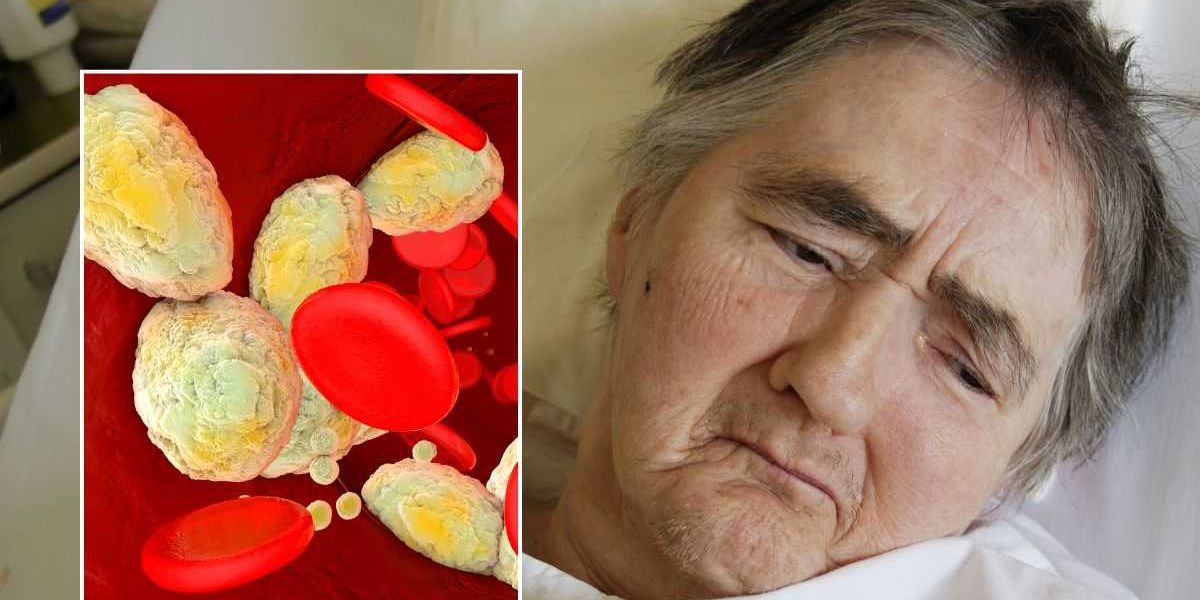



Virtually all cardiovascular incidents are preceded by detectable warning indicators, offering hope for prevention efforts across the UK and globally, researchers have discovered.
Scientists examining more than 600,000 cardiovascular cases discovered that over 99 per cent of patients exhibited at least one traditional risk marker before experiencing a heart attack, stroke or other cardiovascular event.
The comprehensive analysis, published in the Journal of the American College of Cardiology, scrutinised data from South Korea and the United States.
Researchers found that established risk indicators, including elevated blood pressure, blood glucose, cholesterol levels and tobacco use, were consistently present before cardiovascular incidents occurred.

Signs like high cholesterol or high blood pressure are often present before a heart attack
|GETTY
The investigation examined medical records from two distinct populations, analysing more than 600,000 cardiovascular disease cases in South Korea alongside 1,000 cases from the United States.
Scientists assessed the presence of four primary cardiovascular risk indicators in patients' medical histories prior to their cardiovascular events.
The research team discovered that in excess of 99 per cent of cardiovascular disease, heart failure, and stroke cases involved patients who displayed at least one conventional risk indicator beforehand.
Dr Philip Greenland, a lead author and professor of preventive medicine at Northwestern University's Feinberg School of Medicine in Chicago, emphasised that "even 'mild' elevations of these four factors should be addressed with lifestyle treatments or medications".
The research carries particular significance because it demonstrates that medical professionals and patients can effectively manage risk factors for nearly all cardiovascular disease cases, according to Dr Susan Cheng, professor and vice chair of research affairs at Cedars-Sinai Medical Centre's Smidt Heart Institute in Los Angeles.
What distinguishes this investigation is its examination of actual medical data rather than relying solely on formal diagnoses.
The researchers analysed patients' clinical measurements directly, revealing that individuals without official diagnoses of hypertension or diabetes often still displayed concerning levels that indicated cardiovascular risk.
Dr Cheng noted that by examining comprehensive medical records, scientists discovered that nearly all cases showed traditional, modifiable risk factors before cardiovascular disease developed.

Cardiovascular disease prevention extends beyond clinical measurements
|GETTY
Medical experts stress that cardiovascular disease prevention extends beyond clinical measurements to encompass comprehensive lifestyle modifications.
Dr Ahmed Tawakol, a cardiologist at Massachusetts General Hospital and Harvard Medical School associate professor, advocates viewing risk management as pursuing longevity rather than confronting ageing.
Effective prevention strategies include monitoring blood pressure at home, maintaining quality sleep, regular physical activity, balanced nutrition and stress reduction. Dr Tawakol highlighted that "stress and depression turn out to be as potent risk factors as smoking and diabetes".
He expressed optimism that demonstrating the combined effectiveness of these interventions would encourage more individuals to adopt comprehensive approaches, ultimately extending their healthy lifespans.
